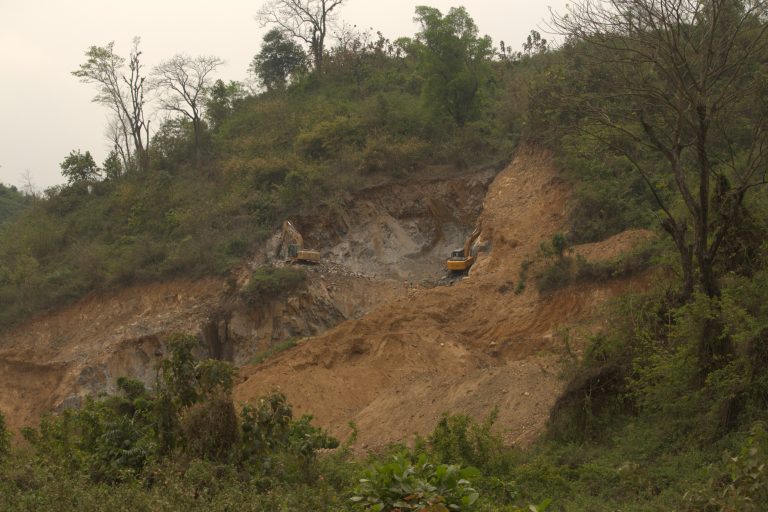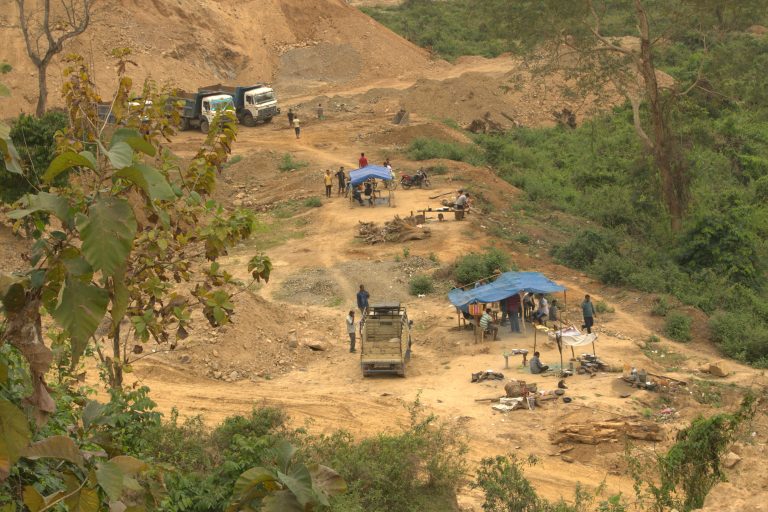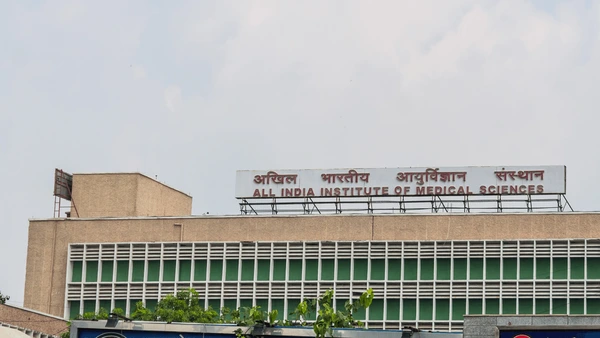Guwagati, June 4: The Central Empowered Committee (CEC) of the Supreme Court has issued a sharp rebuke to the Assam government for failing to enforce the 2019 ban on mining near Kaziranga National Park, following a whistleblower’s letter alleging rampant illegal operations and state complicity.
In a report submitted to the Supreme Court on May 30, the CEC directed the Assam Chief Secretary and the Director General of Police (DGP) to fully implement the Court’s 2019 ban on mining in the eco-sensitive catchment areas of Kaziranga. The directive follows an anonymous complaint in December 2024 from a government employee, who warned of unchecked mining around the park, particularly in the Parkup Pahar Range.

“The mining mafia has taken over, and the silence of authorities is enabling the destruction of our homeland,” the letter stated. The whistleblower also submitted satellite images, geo-tagged photos, and detailed evidence pointing to over a dozen illegal mining sites, including unauthorized culverts constructed to divert water from Borjuri waterfall — left suspiciously outside the notified sanctuary boundary.
The CEC’s investigation confirmed that illegal mining had resumed in key catchment zones feeding into Kaziranga, despite a Supreme Court order banning such activities and prohibiting new construction on private land within nine designated animal corridors.
The panel asked the Chief Secretary to ensure strict compliance with the Supreme Court’s directives in both letter and spirit.
The CEC asked the DGP to ensure that no mining takes place in catchment streams flowing from the Karbi Anglong Hills into Kaziranga. The panel stated that the District Superintendents of Police in Karbi Anglong, Nagaon, and Golaghat are now personally accountable for halting the transport of illegally mined material.
No new mining leases, settlements, or permits may be issued by the Karbi Anglong Autonomous Council (KAAC) until a scientific delineation of watershed boundaries is complete.
“KAAC must submit a detailed Watershed Drainage Analysis Report by October 2025 and file quarterly status reports through the Chief Secretary,” it stated.
The CEC criticized the KAAC for allegedly enabling illegal mining by granting leases within draft eco-sensitive zones and protected corridors — actions that conservationists have long flagged as destructive. Though KAAC denies facilitating mining and claims to have cancelled some quarry permits between 2018 and 2019, it admitted that two cases remain active under the Assam Minor Mineral Concession Rules, 2013. These cases were allowed by the Gauhati High Court, which, according to the CEC, was not informed of the Supreme Court’s overriding 2019 ban.
The committee also pointed to an earlier submission from the Principal Chief Conservator of Forests, which noted suspended mining leases. The CEC deemed this insufficient and reiterated that such leases should have been canceled outright under the Court’s directive.

Rampant illegal mining in the Karbi Anglong Hills — the monsoon refuge for Kaziranga’s wildlife — has disrupted vital animal corridors, blocked water channels, and caused irreversible damage to forests and farmland. In 2018, wildlife activist Rohit Choudhury and the National Tiger Conservation Authority (NTCA) raised alarms about these impacts, prompting a previous investigation by the CEC that confirmed widespread illegal activity without environmental clearances.
After the 2019 ban, wildlife began reclaiming traditional corridors. Elephants, deer, and even tigers were spotted in areas once overtaken by mining. However, the recent resurgence of quarrying threatens to undo those fragile ecological gains.
The Supreme Court’s 2019 order remains in force: no mining, no new construction, and no exceptions — especially in and around Kaziranga’s protected ecosystems. Now, the CEC has made clear: that continued violations will not be tolerated.




